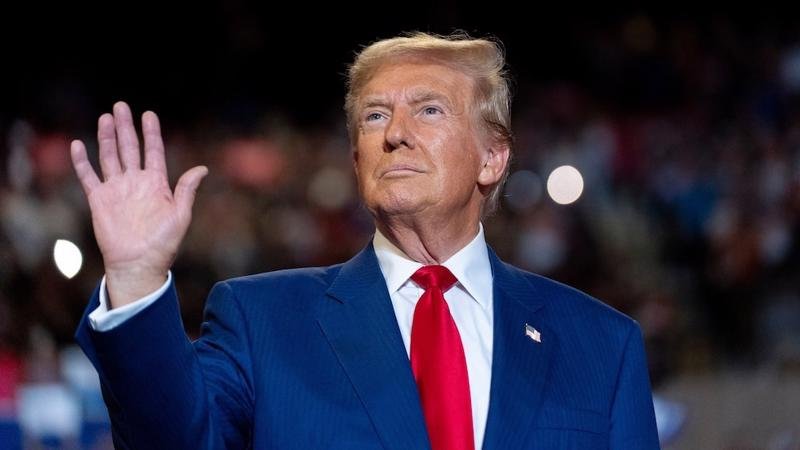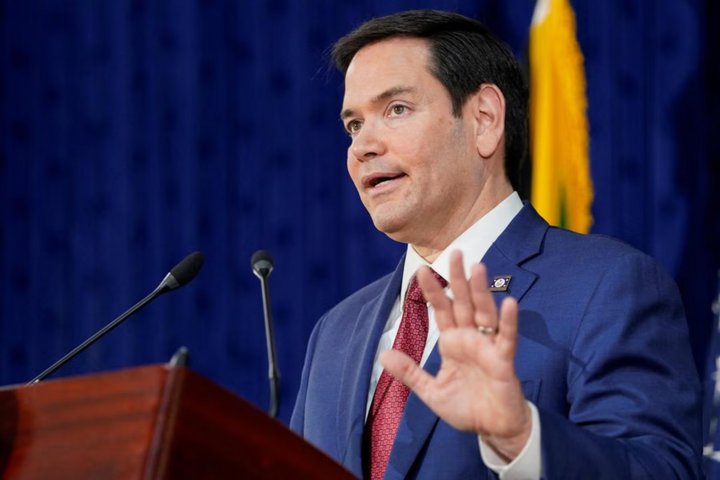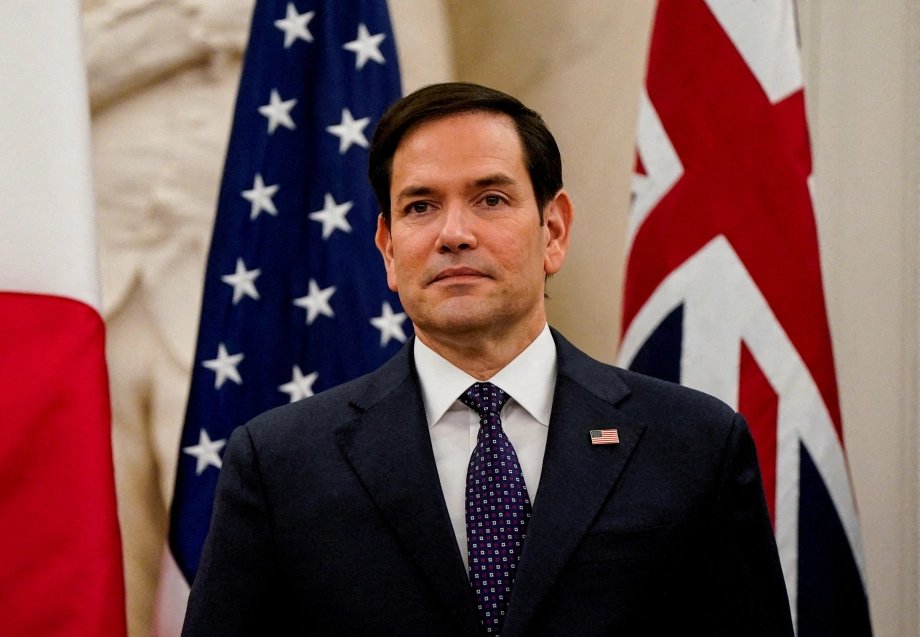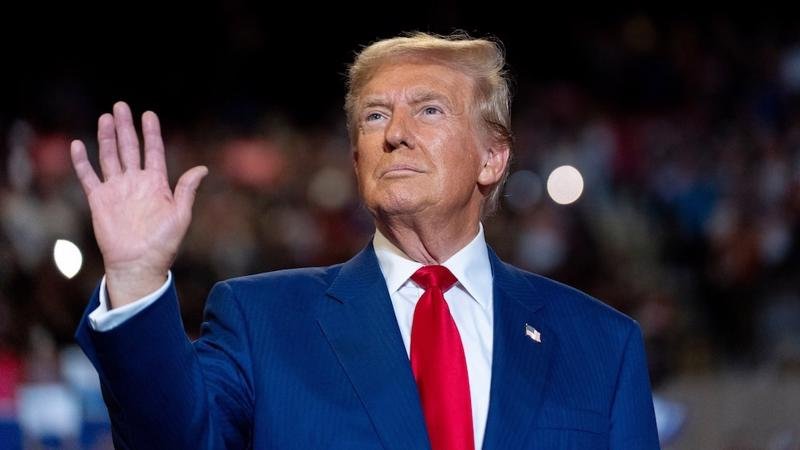In a bold and controversial move, Secretary of State Marco Rubio has announced that the United States has revoked the visas of more than 300 individuals, whom he referred to as “insane.” This decision is part of a broader effort by the US government to address national security concerns and prevent foreign nationals from engaging in activities that are deemed to be against American interests. The revocation of these visas has sparked intense debate, with supporters praising the move as necessary for national security, while critics argue that it infringes on civil liberties and international rights.
### Background of the Visa Revocation

The United States has long maintained strict visa policies to regulate the entry of foreign nationals. However, under the leadership of Secretary of State Marco Rubio, the US government has taken a more aggressive stance against individuals who are perceived to be a threat to national security. According to official reports, over 300 individuals had their visas revoked as part of this initiative.
Rubio’s office stated that these individuals were involved in activities that posed a significant risk to the country. While the specific nature of their actions has not been disclosed in detail, government sources have indicated that the revocations were based on intelligence gathered through advanced surveillance techniques, including social media monitoring and AI-powered threat detection systems.
### Justification for the Revocation
In his official statement, Rubio emphasized that the decision to revoke these visas was made in the interest of national security. He argued that student visas and other non-immigrant visas are meant for individuals who contribute positively to American society, not those who engage in activities that could disrupt public order.
According to Rubio:
> “The United States welcomes individuals from all over the world who seek to learn, contribute, and build a better future. However, we will not tolerate those who come here with the intent to spread hate, incite violence, or support organizations that threaten our way of life.”
This statement underscores the government’s firm stance on ensuring that visa holders abide by American laws and values. Rubio further added that authorities are “looking every day for these lunatics” to ensure that only those who align with American principles are allowed to stay.
### The Role of Artificial Intelligence in Monitoring

One of the key elements of this crackdown has been the use of artificial intelligence to monitor visa holders’ activities. The US government has reportedly implemented sophisticated AI tools to scan social media posts, online activities, and communications for potential threats.
The AI system is designed to flag individuals who:
– Express support for extremist ideologies.
– Participate in protests or activities deemed anti-American.
– Have connections to organizations classified as terrorist groups by the US government.
This use of AI has raised ethical concerns, with critics arguing that it could lead to wrongful accusations and violations of privacy rights. Civil liberties groups have questioned the accuracy of AI-based threat detection, warning that it may result in bias and misidentification.
### Notable Cases of Visa Revocation
Among the 300+ individuals affected by this policy, one of the most high-profile cases is that of Rumeysa Ozturk, a Turkish national and a Fulbright scholar at Tufts University. Ozturk was detained by Immigration and Customs Enforcement (ICE) agents and is currently facing deportation. According to government officials, her visa was revoked due to her participation in protests related to the Gaza conflict.
Despite her academic achievements and contributions to the university, Ozturk’s involvement in anti-Gaza war demonstrations was flagged by AI surveillance tools. She has not been formally accused of any criminal activity, but authorities deemed her actions sufficient grounds for visa cancellation.
### Reactions and Criticism

The revocation of these visas has sparked widespread debate both in the United States and internationally. Several human rights organizations have condemned the move, arguing that it sets a dangerous precedent for suppressing free speech and dissent.
#### Supporters’ Perspective
– **National Security Advocates:** Many supporters argue that these visa revocations are necessary to maintain public safety and prevent potential threats from escalating.
– **Government Officials:** Rubio and other officials claim that the decision is in line with America’s commitment to protecting its citizens.
– **Some American Citizens:** A segment of the population supports stricter immigration controls and sees this policy as a step in the right direction.
#### Critics’ Perspective
– **Civil Liberties Groups:** Organizations such as the American Civil Liberties Union (ACLU) argue that revoking visas based on political activism infringes on First Amendment rights.
– **Academic Institutions:** Universities have expressed concern that such actions could discourage international students from applying to US institutions.
– **International Leaders:** Some foreign governments have criticized the US for what they see as arbitrary and unjustified visa cancellations.
### Implications for Future Visa Policies

This move by Secretary Rubio signals a shift towards a more stringent visa policy, particularly concerning individuals involved in political activism. If this approach continues, it could have several far-reaching implications:
1. **Stricter Vetting Process** – Future visa applicants may undergo more extensive background checks and social media scrutiny before being granted entry into the US.
2. **Impact on International Students** – Many students may reconsider studying in the US due to concerns about political expression and visa stability.
3. **Diplomatic Tensions** – Foreign governments may retaliate by imposing stricter entry requirements for American citizens.
4. **Legal Challenges** – The policy may face lawsuits from individuals and organizations arguing that it violates constitutional rights.
### Conclusion
The revocation of over 300 visas under Secretary of State Marco Rubio’s directive has ignited a heated debate on national security, civil liberties, and immigration policy. While supporters view the move as a necessary step to protect the nation, critics warn that it could lead to overreach and suppression of free expression. As this policy continues to unfold, its long-term impact on US immigration and international relations remains to be seen.
